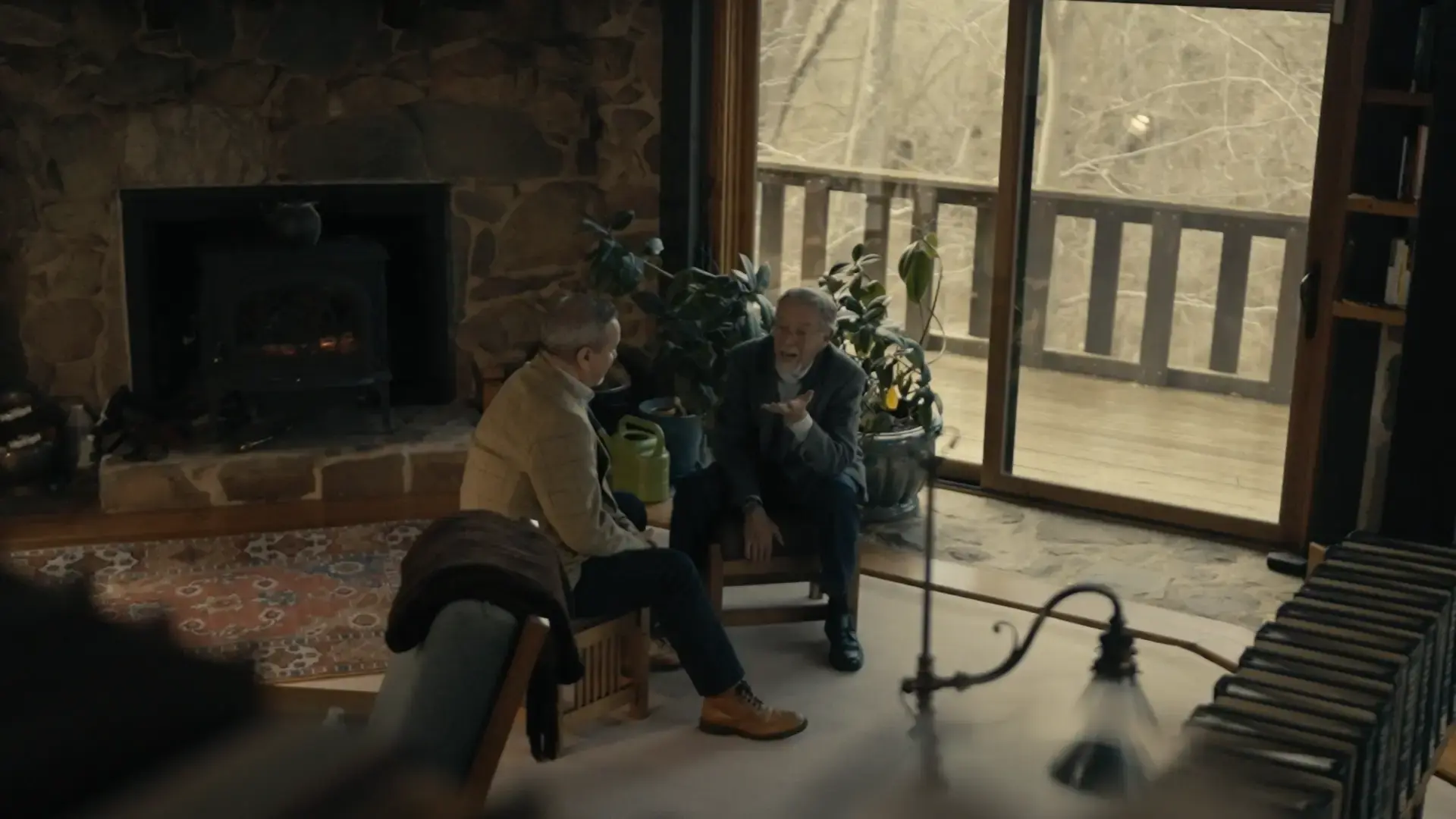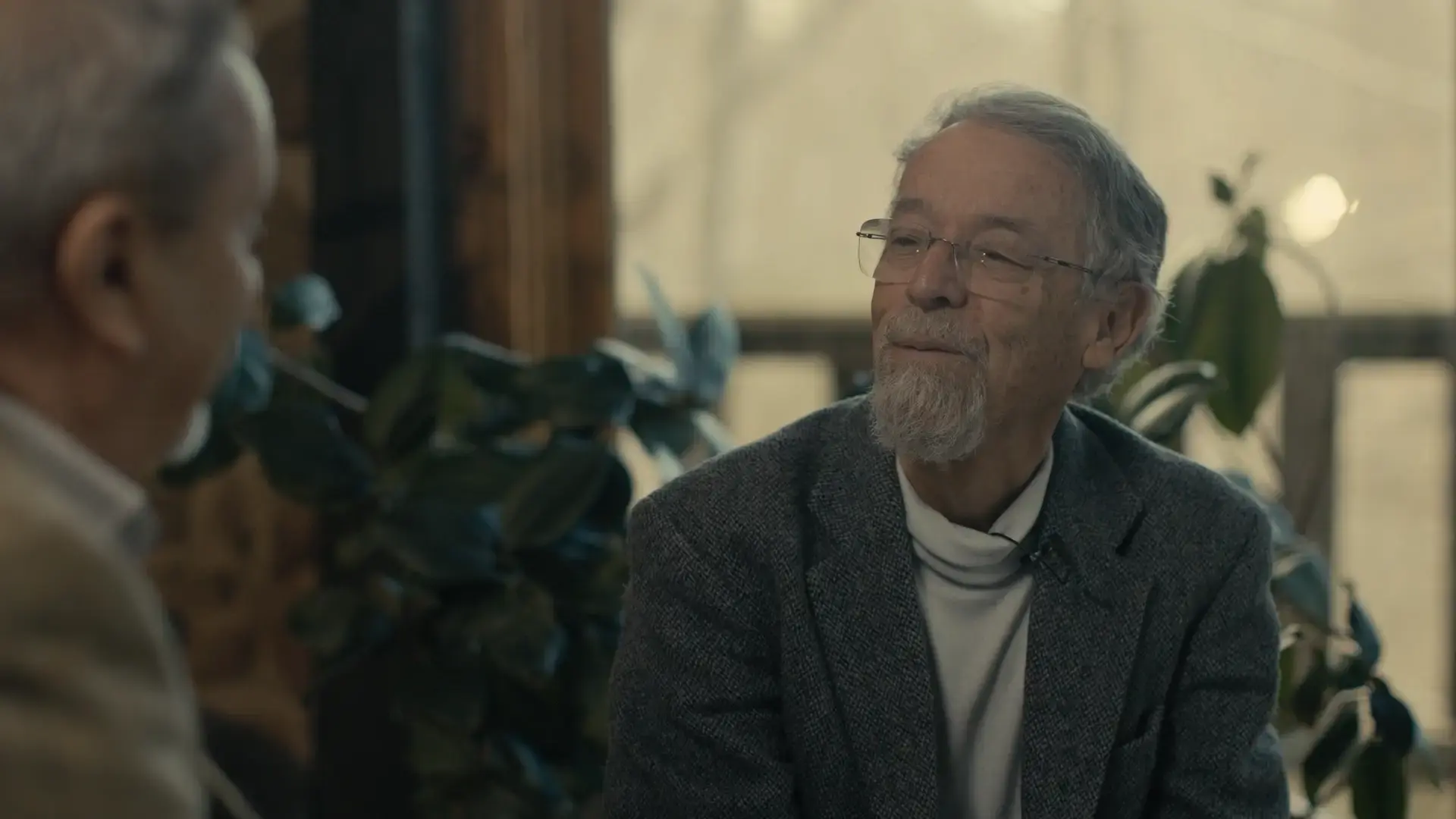Negotiations are an integral part of our daily lives, influencing decisions in personal relationships, business transactions, and everything in between.
Whether you're bargaining for a better price on a car or working out a complex business deal, the ability to negotiate effectively is a valuable skill.
In this blog, we’ll explore the concept of a win-win in negotiation, dispel common myths, and provide insights from an episode of Huthwaite’s Mastering Negotiations podcast, emphasising the importance of preparation, clear communication, and understanding each party's goals.
Elevate your negotiation skills with the Mastering Sales & Negotiations podcast.
Uncover invaluable insights and gain practical tips to enhance your approach.
Why is achieving a win-win negotiation difficult?
While it’s human nature for an individual or group to enter discussions with their interests at heart, there are instances when a win-win negotiation may represent a more suitable option. However, this doesn’t come without its challenges.
Negotiations are intricate, dynamic processes involving individuals or parties with diverse interests, motivations, and tactics.
Achieving a successful outcome requires a deep understanding of negotiation dynamics and a readiness to navigate the complexities that arise.
Let's examine some common myths and realities in the world of negotiations, backed by direct quotes from the podcast.
Win-win negotiation myths
Myth 1: Win-win implies a perfect split
One prevalent misconception is that a win-win negotiation entails a perfectly equitable 50-50 division of resources or benefits.
However, as highlighted by Huthwaite’s CEO and negotiation expert, Tony Hughes, a win-win negotiation isn’t always about equal distribution; it’s about creating value for both parties while addressing their unique objectives. What’s construed to be a positive result will vary, depending on what each party aims to achieve.
Myth 2: Skilled negotiators rely on dirty tricks
Another common misconception is that skilled negotiators employ underhanded tactics. The best negotiators shouldn’t have to rely on dirty tricks to achieve the results they crave, as highlighted by Tony:
"I hate people to think that the best negotiators are people that use dirty tricks. If people use a method of negotiation against you that you don't understand and can't cope with, then you might think that's a dirty trick. These shouldn't be used in a negotiation; often, it's important for both sides must get a good deal out of it."
While some negotiation methods may seem cunning or unfair, not all of them should be labelled as dirty tricks. It's crucial to differentiate between tactics that enhance negotiation and those that undermine it.
How long-term relationships and creating value can fuel a win-win negotiation
Successful negotiations extend beyond individual deals; they contribute to building long-term relationships and creating value for all parties involved.
While dispelling myths about win-win outcomes is essential, it's equally important to recognise the multifaceted nature of negotiations.
Recognising different objectives
Tony emphasises that "the most successful negotiations are likely to happen when each party has different objectives."
In such cases, a win-win outcome may not involve a 50-50 split but should leave both parties content with the deal. Understanding these differing objectives is key to a successful negotiation.
Fostering an environment centred on trust
Negotiations should create value and build trust. Preparing, communicating clearly, and recognising each party's goals contribute to this process.
Huthwaite’s Senior Client Director, Jo Derriman, suggests that during negotiations, you can express your feelings, such as surprise or confusion, with this openness fostering communication and leading to better outcomes.
“One behaviour that works well is talking about how you’re feeling. Indicating whether you’re surprised, confused, or happy is another way of gaining that bit of clarity on what the intention is of the opposing party at any point during a complex negotiation, or maybe something that would be considered a bit more routine thing.
“Articulating your feelings to the other party allows the other party to respond, allowing you to gauge how you can then react accordingly.”
Why preparation is important to achieve a win-win negotiation
Preparation plays a crucial role in achieving a win-win outcome in negotiations for several significant reasons.
Firstly, it allows negotiators to gain a deep understanding of the other party involved in the negotiation. By researching and comprehending their interests, motivations, and priorities, you can identify potential areas of agreement and mutually beneficial solutions. Failing to prepare may lead to incorrect assumptions about the other party's needs, potentially resulting in missed opportunities for collaboration.
Secondly, effective preparation enables you to set clear and realistic goals for the negotiation.
This helps ensure that your expectations align with what is achievable, increasing the likelihood of reaching a mutually satisfactory agreement. Conversely, without preparation, there's a risk of setting unrealistic or vague objectives, which can lead to frustration and disappointment.
Establishing a profound understanding of your objectives is vital. Jo Derriman underscores the importance of having a clear agenda and identifying discussion topics beforehand.
"If you've set an agenda and identified what topics you're going to discuss during that negotiation, and someone just says, 'And one more thing I'd like to add on,' it takes the discussion away from the agreed topics, and the power balance changes slightly."
Preparation involves brainstorming creative solutions to the issues in hand. This creativity can lead to innovative compromises and options that satisfy both parties' interests. In the absence of preparation, you may adopt a more rigid and narrow approach, making it challenging to find win-win solutions.
Prepared negotiators are better equipped to adapt to unexpected developments and adjust their strategies to secure a win-win outcome. Without preparation, you may be caught off guard by changes and struggle to respond effectively.
Furthermore, being well-prepared boosts your confidence during negotiations. Confidence in your understanding of the situation and your ability to find mutually beneficial solutions reduces the likelihood of making hasty concessions or compromises that may not be in your best interest.
Preparation encompasses planning how to communicate your interests, needs, and proposals clearly and persuasively. Effective communication is essential for building rapport, minimizing misunderstandings, and ensuring that the other party understands your perspective. Without preparation, miscommunication and confusion are more likely to occur.
In addition, preparation helps in anticipating potential emotional triggers and developing strategies to manage them. Emotional intelligence and self-control are vital for maintaining a constructive and collaborative atmosphere during negotiations, which is essential for achieving a win-win outcome.
It’s best practice to consider your BATNA (Best Alternative to a Negotiated Agreement) and WATNA (Worst Alternative to a Negotiated Agreement). Knowing your alternatives empowers you to make informed decisions during negotiations. Without preparation, you may be more likely to accept unfavourable terms out of fear or desperation.
Lastly, demonstrating commitment thorough preparation signals to the other party that you are serious about finding a mutually beneficial solution. This commitment can encourage reciprocity and a more cooperative approach from the other side.
Preparation is essential for achieving a win-win outcome in negotiations because it enhances your understanding of the situation, sets clear goals, fosters creativity, builds confidence, enables effective communication, equips you to manage emotions and adapt to changing circumstances, and demonstrates your commitment to the process.
Ultimately, effective preparation increases your chances of reaching a mutually satisfactory agreement that benefits all parties involved.
Explore the art of negotiation with the Mastering Negotiations podcast.
Drive outcomes that meet your organisation's with actionable tips from industry experts.
The role of information as a negotiation tool
Information plays a pivotal role in negotiations. Shaun James, Head of Learning and Skills at Huthwaite International, highlights how information can be used strategically to achieve a win-win during negotiation.
"Negotiations aren’t necessarily about putting all the cards on the table right up front; holding something back, which you think the other party might want, or that you might want from the other party, is just part of skilful negotiation."
This approach is a commonly used, legitimate negotiation skill. Recognising when such tactics are employed and responding effectively is key.
Why handling pressure tactics is crucial to achieving a win-win negotiation
Handling pressure tactics plays a critical role in achieving a win-win negotiation for several reasons.
Firstly, effectively managing these tactics allows negotiators to maintain their composure, ensuring that emotional responses do not interfere with the negotiation's objectives. This composure is essential for creating a conducive environment for constructive discussions.
Secondly, handling pressure tactics helps in preserving relationships, particularly in negotiations involving ongoing partnerships or collaborations. By responding professionally and calmly, negotiators can avoid damaging these relationships and instead strengthen them over time.
Skillfully addressing pressure tactics promotes open and honest communication between the negotiating parties, and this transparency facilitates a better understanding of each other's needs and interests, making it easier to find mutually beneficial solutions.
Furthermore, resisting pressure tactics prevents negotiators from making impulsive concessions that may not be in their best interest. This safeguards their interests while still pursuing a win-win outcome.
Responding to pressure tactics with integrity and fairness fosters trust between the parties. Trust is a fundamental element in achieving mutually beneficial agreements, as it signals a genuine commitment to fairness and balance.
By effectively handling the pressure tactics being used, it keeps the negotiation focused on problem-solving and creative solutions, which encourages both parties to explore innovative ways to meet their respective needs.
Additionally, confidence in the face of pressure tactics can be persuasive, leading the other party to take your proposals and suggestions more seriously. This confidence creates an environment where win-win outcomes are more attainable.
Skilful management of pressure tactics can help in reducing conflicts. Poorly managed pressure tactics can escalate tensions and conflicts, potentially leading to negotiation impasses. In contrast, effective handling can de-escalate tensions, facilitating continued negotiation toward a mutually satisfactory resolution.
Negotiators often encounter pressure tactics, such as time constraints and urgent deadlines. Jo advises, "Have a reflection on where that negotiation has gone up until that point and remind yourself of the things you've achieved." It's crucial not to succumb to pressure tactics but to maintain perspective and evaluate the situation based on the progress made.
Handling pressure tactics is essential for achieving a win-win outcome during negotiations. This helps maintain composure, preserves relationships, promotes open communication, prevents reactive concessions, fosters trust, encourages creative solutions, demonstrates confidence, and reduces conflicts.
By responding skillfully to pressure tactics, negotiators can create an environment conducive to collaborative efforts aimed at reaching a mutually beneficial agreement.
Strategic thinking: The key to achieving a win-win negotiation
In the world of negotiations, dispelling myths and understanding the reality of win-win outcomes is crucial.
However, it's equally important to grasp the complexity of negotiations and the role they play in building relationships and creating value.
By adopting strategic preparation, clear communication, and a profound understanding of each party's goals, negotiators can navigate the intricacies of deals confidently.
Remember, negotiation isn't just about dividing the pie but expanding it for everyone's benefit. In the end, building relationships and creating value should be the true measure of negotiation success.







